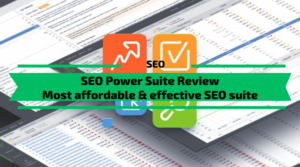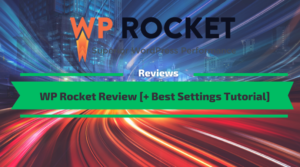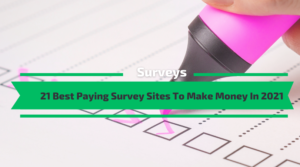A business blog is a marketing channel, just like social media and email marketing, that helps support business growth. With Business blogging, you can get more traffic, leads, and ultimate sales to your business.
Check our guides on starting, managing, growing, and monetizing your blog.
Please scroll to the category that best fits your situation: I want to start and manage a business blog, I want to get more traffic to my business blog, I want to monetize my blog, I want to try blogging tools.Join Our Community of 21000+ Business Bloggers
Learn creative, low-cost strategies to help acquire and retain more customers and monetize your assets or skills. Your FREE membership includes access to exclusive tutorials, tools, deals, and resources.
#1. I want to start and manage a business blog
A business blog will help you get more traffic, leads, and sales at a fraction of the cost you would invest in paid advertising. We show you how to start, set up, and manage a blog for your business. Check out our tutorials that help you create a business blog this year.
![How a start a blog [Ultimate Guide]](https://monetize.info/wp-content/uploads/2019/03/How-a-start-a-blog-Ultimate-Guide-300x167.png)
![How to Start a Forum and Make Money [Complete Guide]](https://monetize.info/wp-content/uploads/2019/09/How-to-Start-a-Forum-and-Make-Money-The-Complete-Guide-300x167.png)
#2. I want to get more traffic to my blog
Check our guides on optimizing your business blog to get heavy traffic from Google and other marketing channels.
![How To Maximize Your Traffic With A Balanced Marketing Mix [Actionable Guide]](https://monetize.info/wp-content/uploads/2020/08/How-To-Maximize-Your-Traffic-With-A-Balanced-Marketing-Mix-Actionable-Guide-300x167.png)
#3. I want to monetize my business blog
Many bloggers struggle with blog monetization. Let us show you how to monetize your business blog properly.
![How to Monetize Your Blog [ 14 Proven Methods] [Ultimate Guide] How to Monetize Your Blog [ 14 Proven Methods] [Ultimate Guide]](https://monetize.info/wp-content/uploads/2021/12/How-to-Monetize-Your-Blog-300x167.png)
![How To Monetize a Forum [Ultimate Step by Step Guide]](https://monetize.info/wp-content/uploads/2021/04/How-To-Monetize-a-Forum-Ultimate-Step-by-Step-Guide-300x167.png)
![105+ Blog Income Reports [How Bloggers Make Money]](https://monetize.info/wp-content/uploads/2022/08/105-Blog-Income-Reports-300x167.png)
#4. I want to try blogging tools and apps
With the blogging tools and apps, you will get better results and do more in less time. Check our tools recommendations:
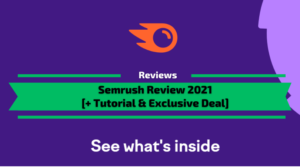
![LinkWhisper Review [Internal links on AutoPilot]](https://monetize.info/wp-content/uploads/2020/05/LinkWhisper-Review-300x167.png)
 Monetize.info We Help You Grow & Monetize Your Online Business!
Monetize.info We Help You Grow & Monetize Your Online Business!

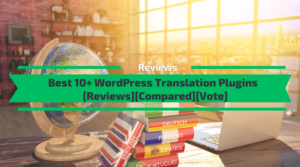
![7 methods to get free, high quality content on your blog [Guide]](https://monetize.info/wp-content/uploads/2017/03/methods-to-get-free-high-quality-content-on-your-blog-300x169.png)
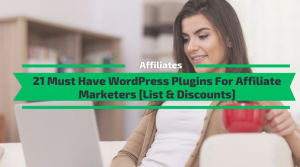
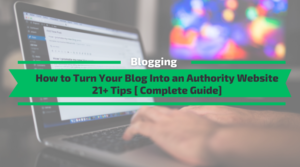

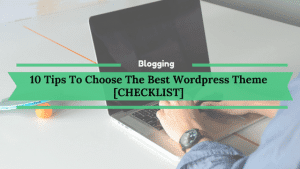
![How to do Keyword Research [Complete Guide]](https://monetize.info/wp-content/uploads/2017/07/keyword_research_complete_guide-300x169.png)
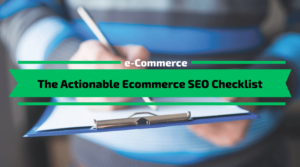

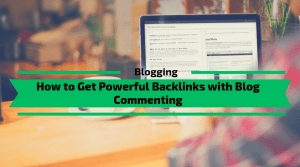
![How To Generate Traffic To Your Blog [10 Tips]](https://monetize.info/wp-content/uploads/2020/04/How-To-Generate-Traffic-To-Your-Blog-10-Tips-300x167.png)




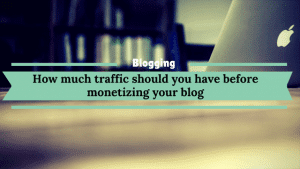
![Best Ad Networks For Publishers [Top 21] Best Ad Networks For Publishers [Top 21]](https://monetize.info/wp-content/uploads/2020/10/Best-Ad-Networks-For-Publishers-Top-21-300x167.png)

